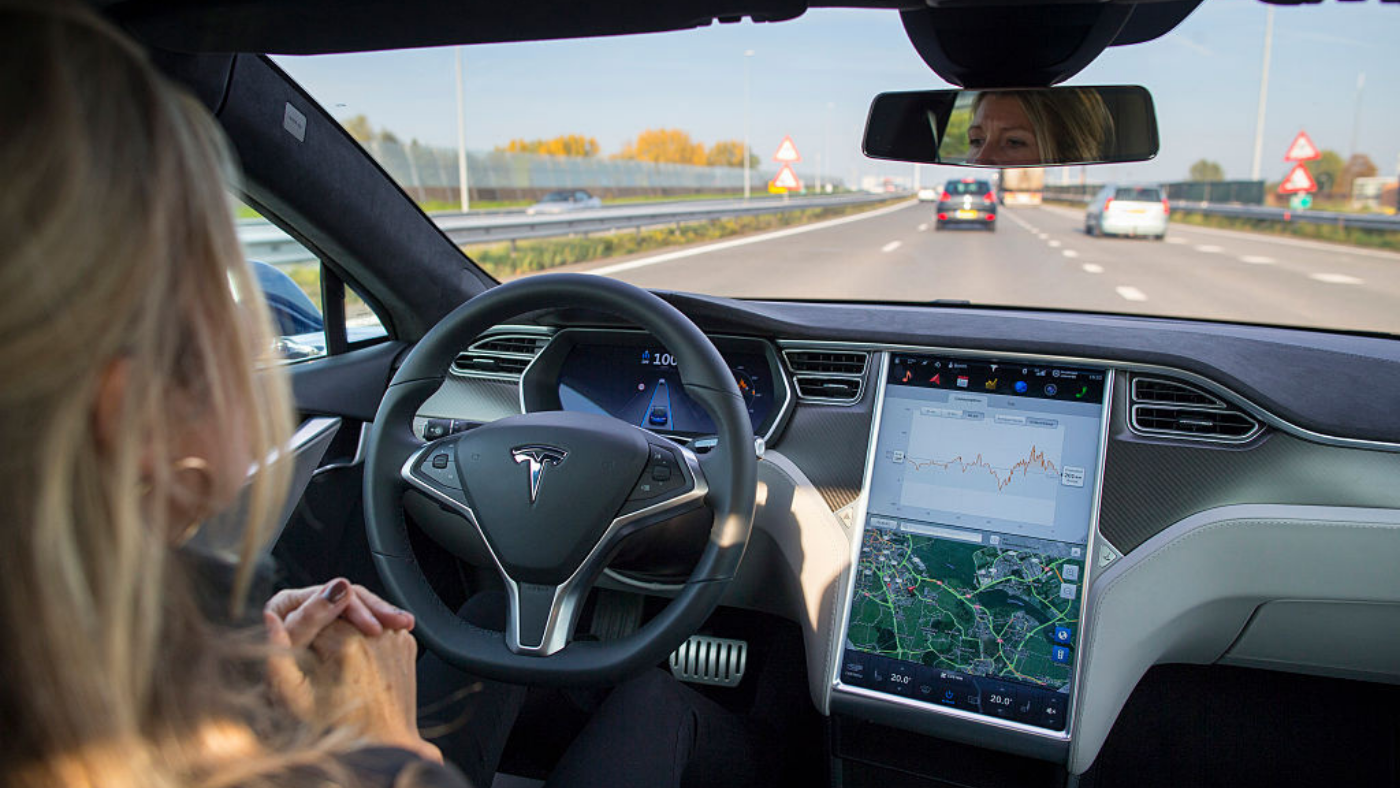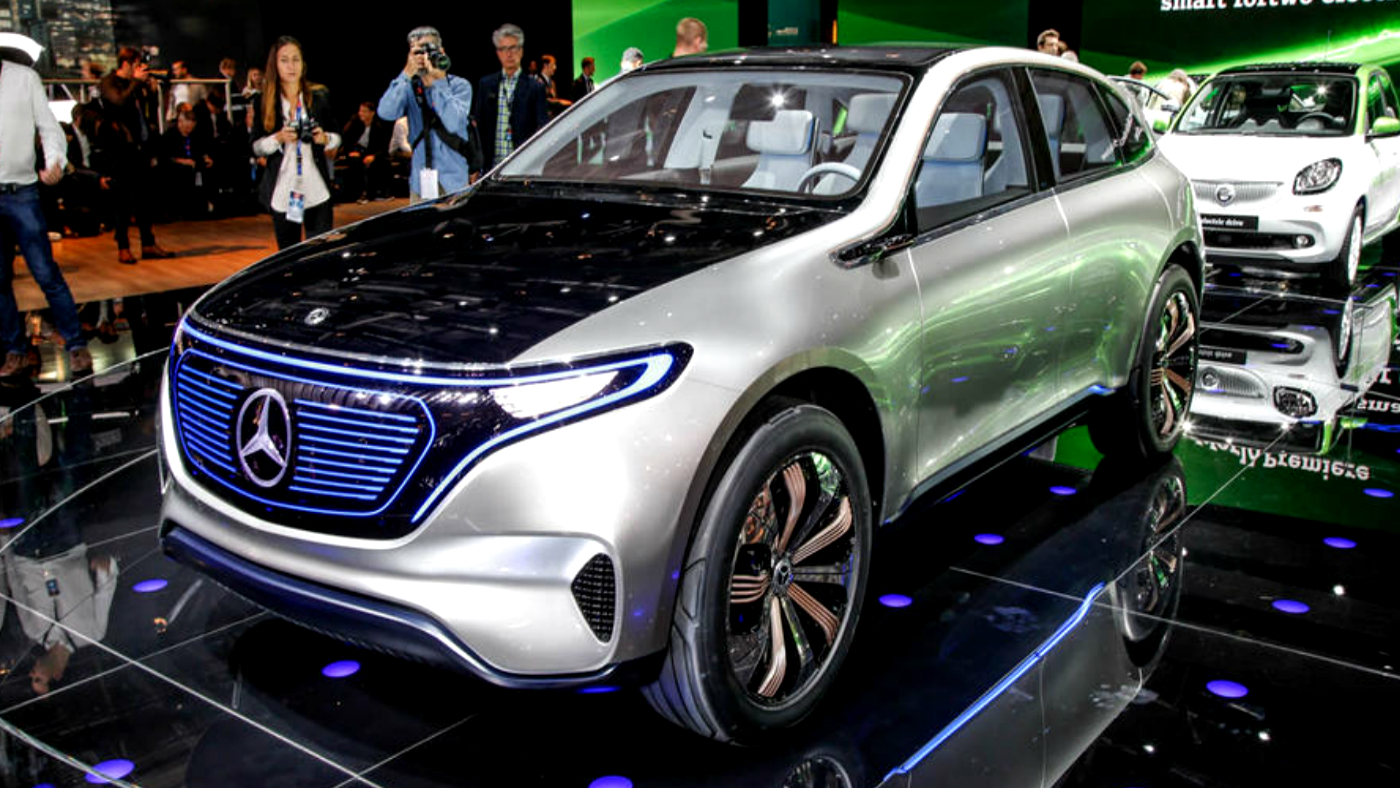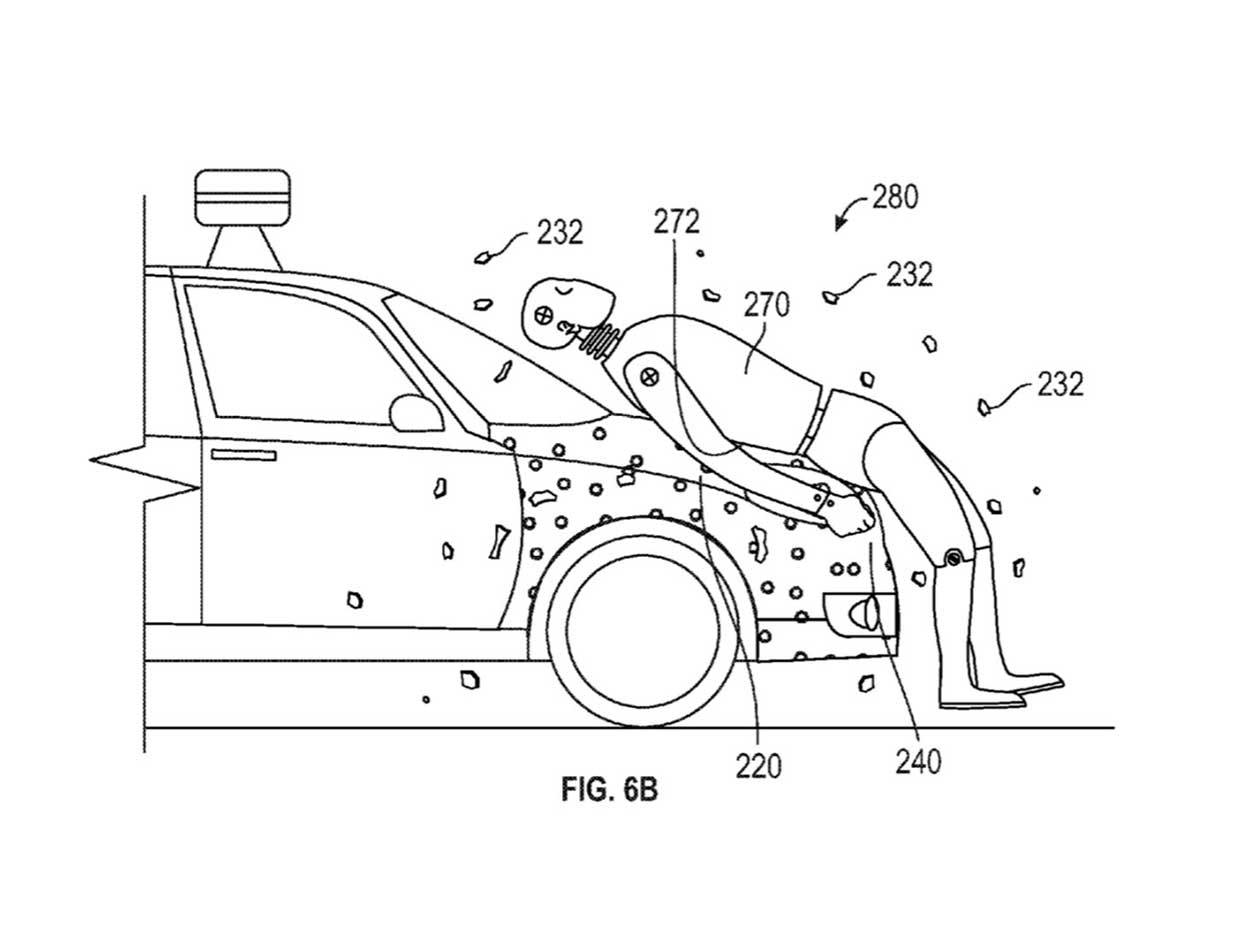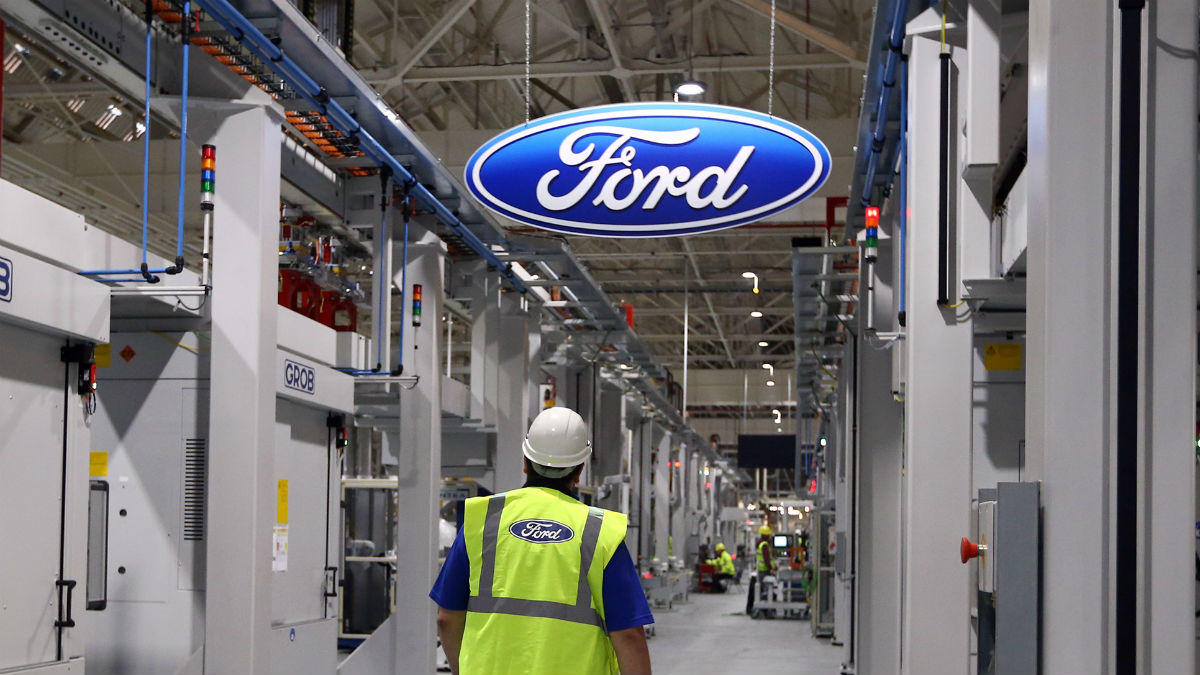Pros and cons of driverless cars
Changes to road rules could see automated vehicles on UK roads by the end of the year

A free daily email with the biggest news stories of the day – and the best features from TheWeek.com
You are now subscribed
Your newsletter sign-up was successful
Proposed changes to the Highway Code would mean that users of self-driving cars would not be held responsible for vehicle crashes.
The Department for Transport (DfT) has said that insurance companies would instead be liable for collision claims. The updated code, which is expected to come into effect in the summer, will also allow people to watch TV on built-in screens, but drivers will need to be ready to take back control of their vehicles if prompted. Using a mobile phone while driving will remain illegal.
Driverless cars have “remained tantalisingly just beyond the horizon” for some years, but “the technology appears poised for a leap forward in 2022”, said GreenBiz. No cars are yet approved to self-drive on UK roads, but the DfT has said the first could be ready for use this year.
The Week
Escape your echo chamber. Get the facts behind the news, plus analysis from multiple perspectives.

Sign up for The Week's Free Newsletters
From our morning news briefing to a weekly Good News Newsletter, get the best of The Week delivered directly to your inbox.
From our morning news briefing to a weekly Good News Newsletter, get the best of The Week delivered directly to your inbox.
1. Pro: reducing human error
Autonomous vehicle manufacturers’ “ultimate aim” is to create cars that are safer than human-driven cars, said The Guardian. The DfT believes self-driving technology could improve road safety, with more than 85% of road accidents in the UK caused by human error. “Algorithms can’t get drunk, drowsy or distracted,” said the BBC.
Self-driving vehicles will monitor the speed of travel and keep a safe distance from other moving cars to minimise the risk of preventable collisions. A motorist in an automated vehicle will not be responsible “for how it drives, and does not need to pay attention to the road”, said The Times.
2. Con: slow-moving traffic
The DfT said that self-driving technology could “spark the beginning of the end of urban congestion”, with transport infrastructure able to ensure a smooth flow of traffic.
But research by GreenBiz has indicated that in the US, it could encourage “a lot more driving”. A 2019 survey of 940 drivers of partially automated vehicles found that as many as 35% of respondents said they drove longer distances because of this technology.
A free daily email with the biggest news stories of the day – and the best features from TheWeek.com
And the first self-driving cars to hit the road could be forced to stay in the slow lane. Automated lane keeping system technology (ALKS) means a car can drive itself in a single lane, but only up to 37mph.
3. Pro: efficiency of fuel
Self-driving systems can be better than human drivers at choosing the most fuel-efficient route. “They accelerate and brake more smoothly,” said the BBC, saving fuel “which ultimately reduces exhaust pipe emissions”. Many models also run on electricity, rather than fuel from fossil fuels.
Transport minister Rachel Maclean said that the Highway Code updates were a “major step” towards “making future journeys greener, easier and more reliable”.
4. Con: hacking risks
“Every other computer thing occasionally gets hacked, so it’s a near-certainty that self-driving cars will be hacked, too,” said Alexis C. Madrigal in The Atlantic in 2018. The following year The Washington Post reported that cybersecurity was a “significant concern” to the motoring industry as cars became increasingly automated.
A report published last year by the European Union Agency for Cybersecurity also said that “like all IT systems”, the AI systems that autonomous vehicles rely on “are vulnerable to attacks that could compromise the proper functioning of the vehicle” and pose a risk to drivers, passengers and pedestrians.
5. Pro: accessibility and independence
Automated vehicles are “an opportunity to revolutionise personal transport in a way that offers life-changing benefits to people with disabilities”, said professor of transport design Paul Herriotts at The Conversation. However this, he said, would be dependent on a commitment to “more inclusive design practices” that had previously been “widely absent”.
Self-driving technology will also help older people who may otherwise find that they are no longer safe to drive on UK roads due to diminishing eyesight or mobility. Automated cars would potentially allow them to retain independence over their own transportation.
6. Con: adjusting to road variations
The effectiveness of self-driving cars is partly dependent on where they are operating. Even with “radar, camera and laser-based guidance” helping a car to make sense of its environment, “complex driving situations” take a lot of processing power – and without standardised infrastructure, this can be a hurdle for the technology, said Auto Express.
The motoring site notes that “narrow lanes in rural areas could pose a different challenge for autonomous vehicles” compared to “a brand-new dual carriageway” which, though freshly painted and clearly signed when first built, “will deteriorate, making it more difficult for autonomous vehicles to operate correctly”.
Julia O'Driscoll is the engagement editor. She covers UK and world news, as well as writing lifestyle and travel features. She regularly appears on “The Week Unwrapped” podcast, and hosted The Week's short-form documentary podcast, “The Overview”. Julia was previously the content and social media editor at sustainability consultancy Eco-Age, where she interviewed prominent voices in sustainable fashion and climate movements. She has a master's in liberal arts from Bristol University, and spent a year studying at Charles University in Prague.
-
 Political cartoons for February 15
Political cartoons for February 15Cartoons Sunday's political cartoons include political ventriloquism, Europe in the middle, and more
-
 The broken water companies failing England and Wales
The broken water companies failing England and WalesExplainer With rising bills, deteriorating river health and a lack of investment, regulators face an uphill battle to stabilise the industry
-
 A thrilling foodie city in northern Japan
A thrilling foodie city in northern JapanThe Week Recommends The food scene here is ‘unspoilt’ and ‘fun’
-
 Mercedes Generation EQ electric concept revealed
Mercedes Generation EQ electric concept revealedIn Depth SUV makes headlines at Paris Motor Show as luxury carmaker reveals first of ten EVs to come by 2025
-
 Google patents sticky car to protect pedestrians
Google patents sticky car to protect pedestriansIn Depth Flypaper-like solution would eliminate secondary impacts between pedestrians and the road
-
 Ford tests self-driving car in pitch black desert
Ford tests self-driving car in pitch black desertSpeed Read Lidar sensors allow autonomous vehicle to navigate its way around testing site at night